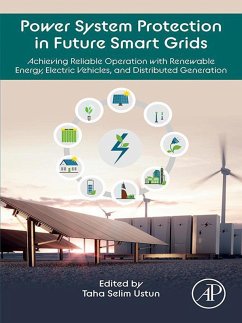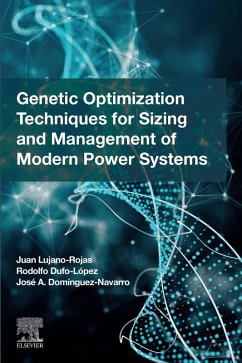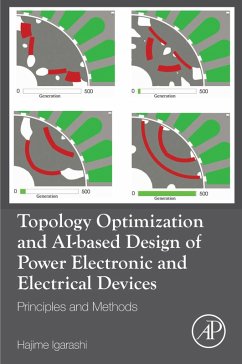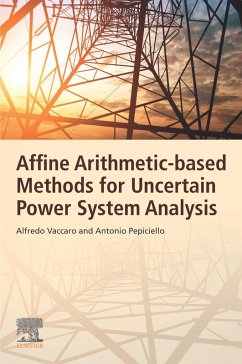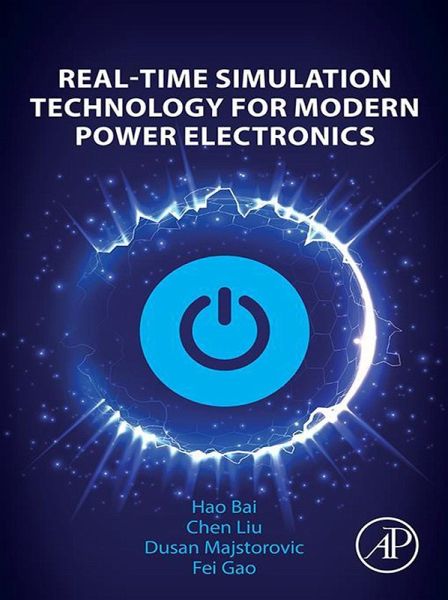
Real-Time Simulation Technology for Modern Power Electronics (eBook, ePUB)
Versandkostenfrei!
Sofort per Download lieferbar
105,95 €
inkl. MwSt.
Weitere Ausgaben:

PAYBACK Punkte
53 °P sammeln!
Real-Time Simulation Technology for Modern Power Electronics provides an invaluable foundation and state-of-the-art review on the most advanced implementations of real-time simulation as it appears poised to revolutionize the modeling of power electronics. The book opens with a discussion of power electronics device physic modeling, component modeling, and power converter modeling before addressing numerical methods to solve converter model, emphasizing speed and accuracy. It discusses both CPU-based and FPGA-based real-time implementations and provides an extensive review of current applicati...
Real-Time Simulation Technology for Modern Power Electronics provides an invaluable foundation and state-of-the-art review on the most advanced implementations of real-time simulation as it appears poised to revolutionize the modeling of power electronics. The book opens with a discussion of power electronics device physic modeling, component modeling, and power converter modeling before addressing numerical methods to solve converter model, emphasizing speed and accuracy. It discusses both CPU-based and FPGA-based real-time implementations and provides an extensive review of current applications, including hardware-in-the-loop and its case studies in the micro-grid and electric vehicle applications. The book closes with a review of the near and long-term outlooks for the evolving technology. Collectively, the work provides a systematic resource for students, researchers, and engineers in the electrical engineering and other closely related fields. - Introduces the theoretical building blocks of real-time power electronic simulation through advanced modern implementations - Includes modern case studies and implementations across diverse applications, including electric vehicle component testing and microgrid controller testing - Discusses FPGA-based real-time simulation techniques complete with illustrative examples, comparisons with CPU-based simulation, computational performance and co-simulation architectures
Dieser Download kann aus rechtlichen Gründen nur mit Rechnungsadresse in A, B, BG, CY, CZ, D, DK, EW, E, FIN, F, GR, HR, H, IRL, I, LT, L, LR, M, NL, PL, P, R, S, SLO, SK ausgeliefert werden.







